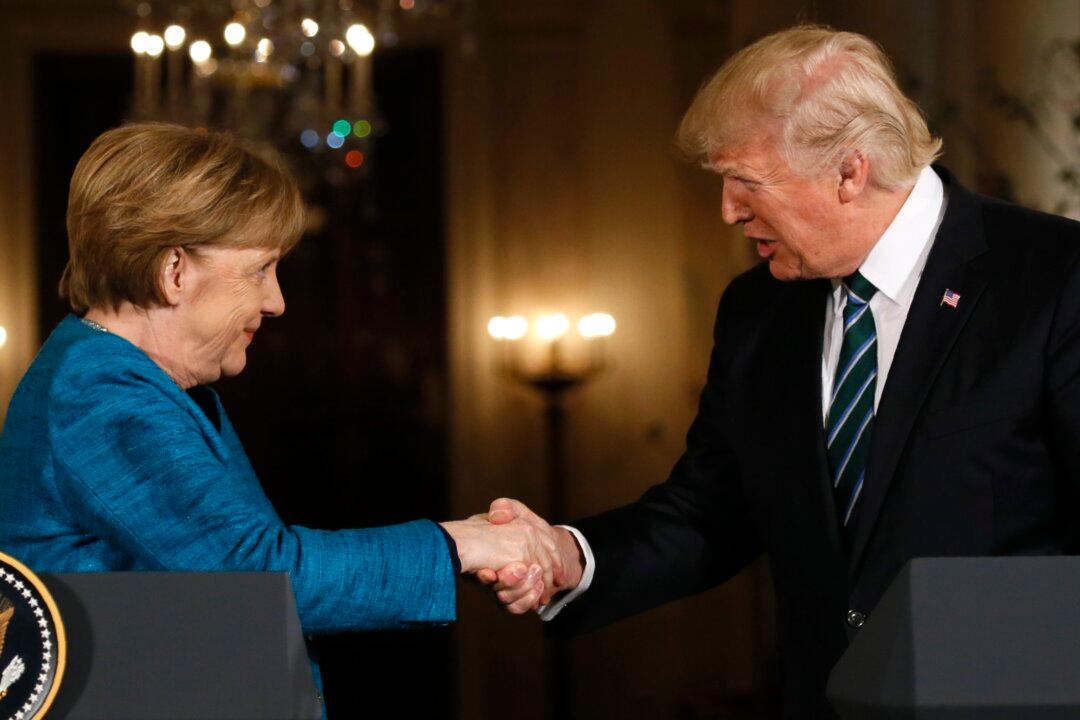As the situation in Syria has evolved, it appears the only way to end the killing is to allow the government in Damascus to regain control of the country—as bad as it may seem.

Russian President Vladimir Putin shakes hands with his Syrian counterpart Bashar al-Assad at the Kremlin in Moscow on Oct. 20, 2015. ALEXEY DRUZHININ/AFP/Getty Images
|Updated:
Prince Michael of Liechtenstein is the chairman of trust company Industrie- und Finanzkontor Ets. as well as the founder and chairman of Geopolitical Intelligence Services. This article was first published by GIS Reports Online.
Author’s Selected Articles




